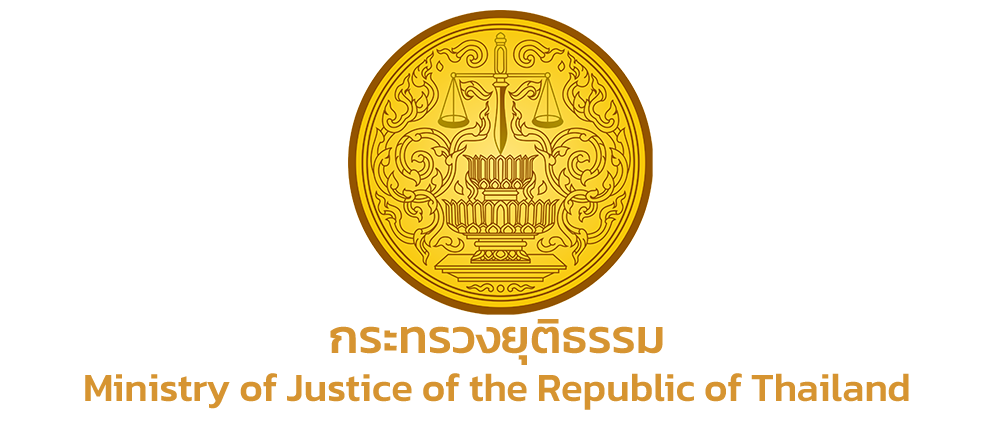- May 4, 2021
- 2,886

| To: <David J. Knight, Chief Justice of the International Court of Justice> Dutchy From: <Sarabun@mod.mail.go.th> Subject: Request for Advisory Opinion on Contractual Dispute with Rosoboronexport Security Type: NSST Protocol + Maximum Secure Encrypted Method - Protect by NIA Counter-Intelligence Service - The decryption method is sent separately via fax |
Chief Knight,
I am writing to request the respected International Court of Justice's guidance and advisory opinion on an issue that has important international law ramifications. A 1999 sales agreement has left the Republic of Thailand and the Russian Empire's state-owned company Rosoboronexport entangled in a legal battle over the meaning and implementation of a particular provision.
The meaning of the word "equipment" in the agreement is the central point of contention. Initially acquired for military use, Thailand has converted 10 Gepard-class frigates for use in disaster relief, coast guard, and humanitarian operations. We contend that this repurposing respects both international norms and our sovereign rights. On the other hand, Rosoboronexport argues that this move violates the conditions of the contract, which forbid reselling or using acquired equipment for other purposes without authorization.
We argue that the agreement's usage of the phrase "equipment" is ambiguous. It is appropriate to interpret such ambiguity against the drafter, in this case Rosoboronexport, in accordance with the rules of international contract law. The changes made to the frigates emphasize non-military purposes and are compliant with both international law and our country's policies. We are sovereign enough to bring about this revolution. In addition to being legally sound, our interpretation complies with the accepted guidelines for interpreting contracts under international law.
Given the above, we humbly ask the ICJ for an advisory opinion on the following matters. Whether modified military hardware used for non-military purposes should be included or excluded in the sales agreement's interpretation of the word "equipment" given its ambiguity. The degree to which a sovereign state may use its legal authority under international law to modify military hardware for non-combat uses, especially under contracts that do not contain clear bans or explanations. The legitimacy and global ramifications of Rosoboronexport's choice to punish Thailand on the basis of their reading of the agreement.
We believe that the ICJ's advisory opinion will help to settle this specific issue and establish a precedent for interpreting contractual provisions in international agreements—especially when it comes to sovereign states and state-owned businesses.
Regarding this important issue that affects international law, diplomatic relations, and the norms of sovereign rights, we look forward to your valued answer and guidance.
With the highest regard,
Piyabutr Saengkanokkul
Minister of Justice
Republic of Thailand





